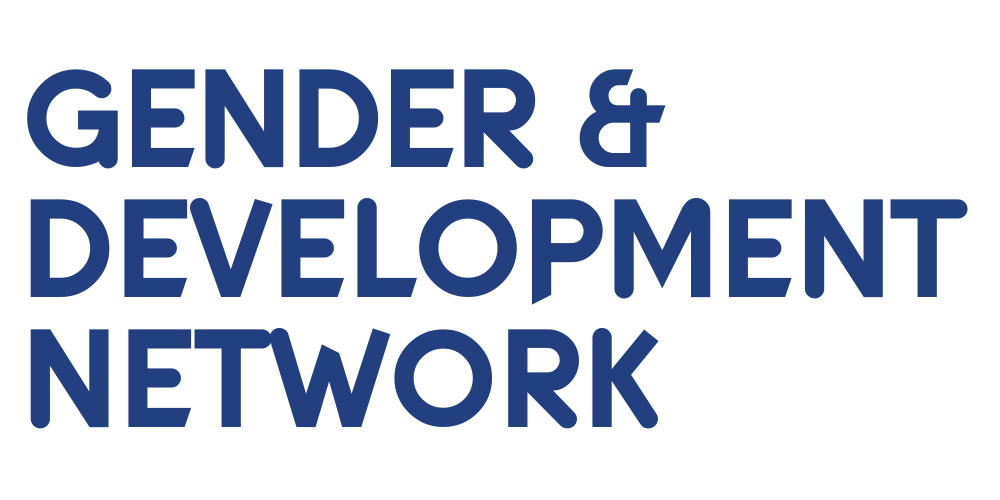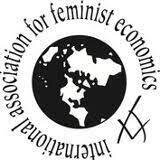International Association for Feminist Economics (IAFFE)
The International Association for Feminist Economics (IAFFE) is an open, diverse community of academics, activists, policy theorists, and practitioners from around the world. Their common cause is to further gender-aware and inclusive economic inquiry and policy analysis with the goal of enhancing the well-being of children, women, and men in local, national, and transnational communities. One of their activities includes the publication of the scholarly journal Feminist Economics.
**Disclaimer: A lot of IAFFE’s member organisations are likely to be a part of this database.
Twitter: @IAFFE
Facebook: @IAFFE
Email: iaffe@iaffe.org
Publications (from Feminist Economics)
Seck, P. A., Encarnacion, J. O., Tinonin, C., & Duerto-Valero, S. (2021). ‘Gendered Impacts of COVID-19 in Asia and the Pacific: Early Evidence on Deepening Socioeconomic Inequalities in Paid and Unpaid Work’. Feminist Economics, 27(1–2), 117–132.
Bargawi, H., & Cozzi, G. (2017). ‘Engendering Economic Recovery: Modeling Alternatives to Austerity in Europe’. Feminist Economics, 23(4), 225–249.
Qi, L., & Dong, X. Y. (2015). ‘Unpaid Care Work’s Interference with Paid Work and the Gender Earnings Gap in China’. Feminist Economics, 22(2), 143–167.
Yoon, J. (2013). ‘Counting Care Work in Social Policy: Valuing Unpaid Child- and Eldercare in Korea’. Feminist Economics, 20(2), 65–89.
Braunstein, E., van Staveren, I., & Tavani, D. (2011). ‘Embedding Care and Unpaid Work in Macroeconomic Modeling: A Structuralist Approach’. Feminist Economics, 17(4), 5–31.
Abena D. Oduro (President)
Current research: Unpaid care work, inequality analysis
Country or region: Ghana
Other affiliations: University of Ghana, Legon
Email: aoduro@ug.edu.gh
Publication and/or resources:
Oduro, Abena D. & Ackah, Charles, G. (2017). ‘Closing the gender gaps in Ghana.’ In E. Aryeetey & R. Kanbur (Eds.) The economy of Ghana sixty years after independence. Oxford: Oxford University Press.

